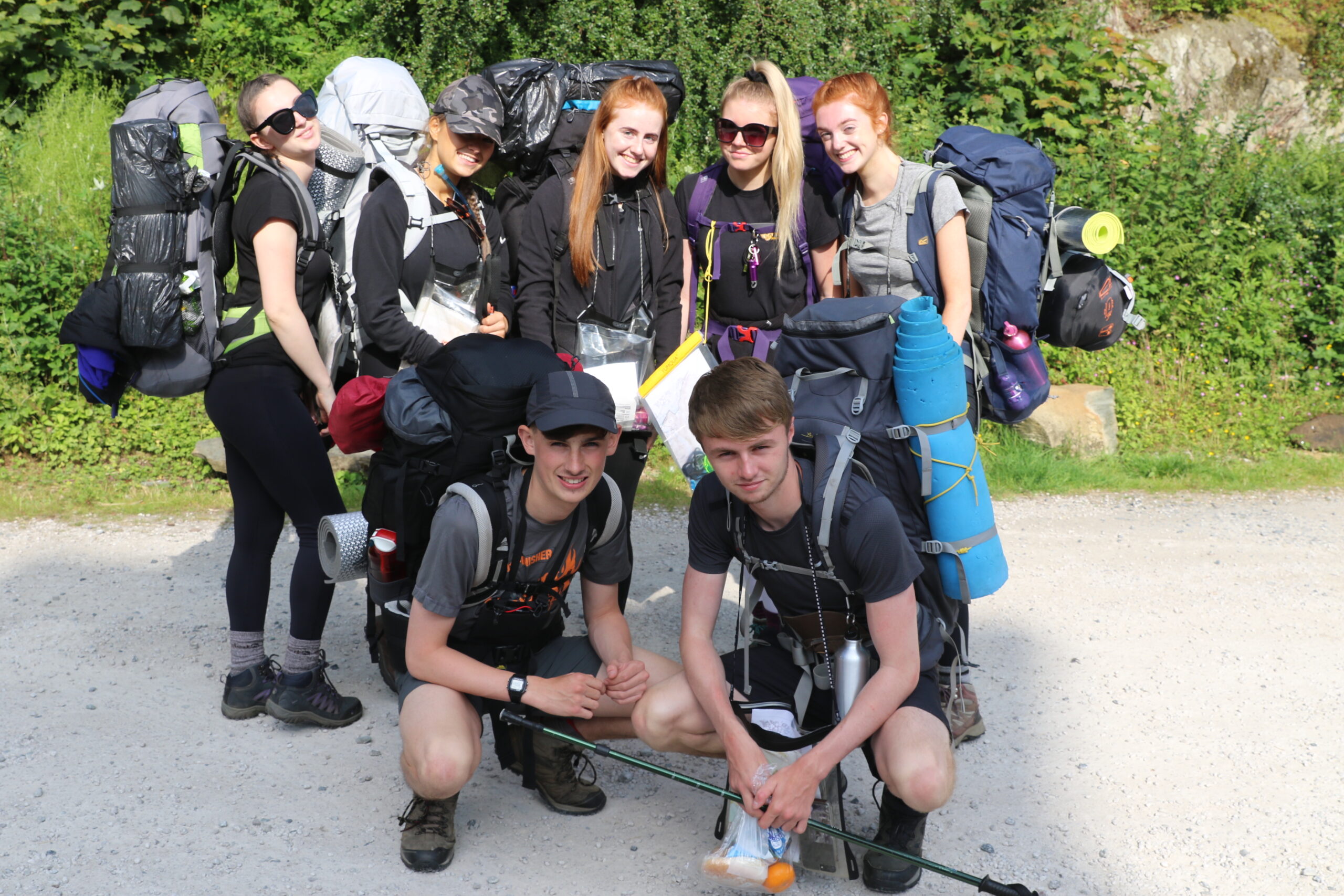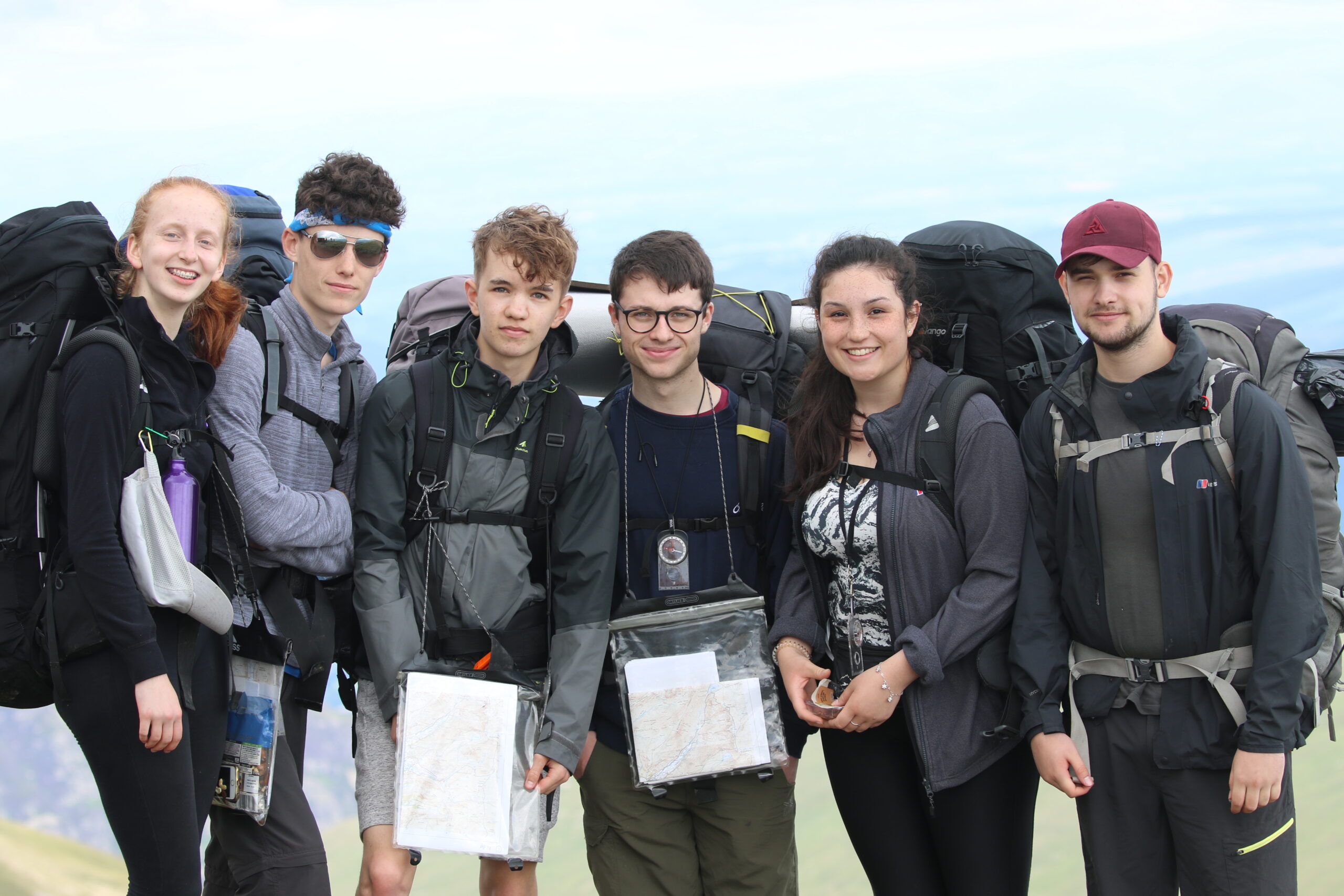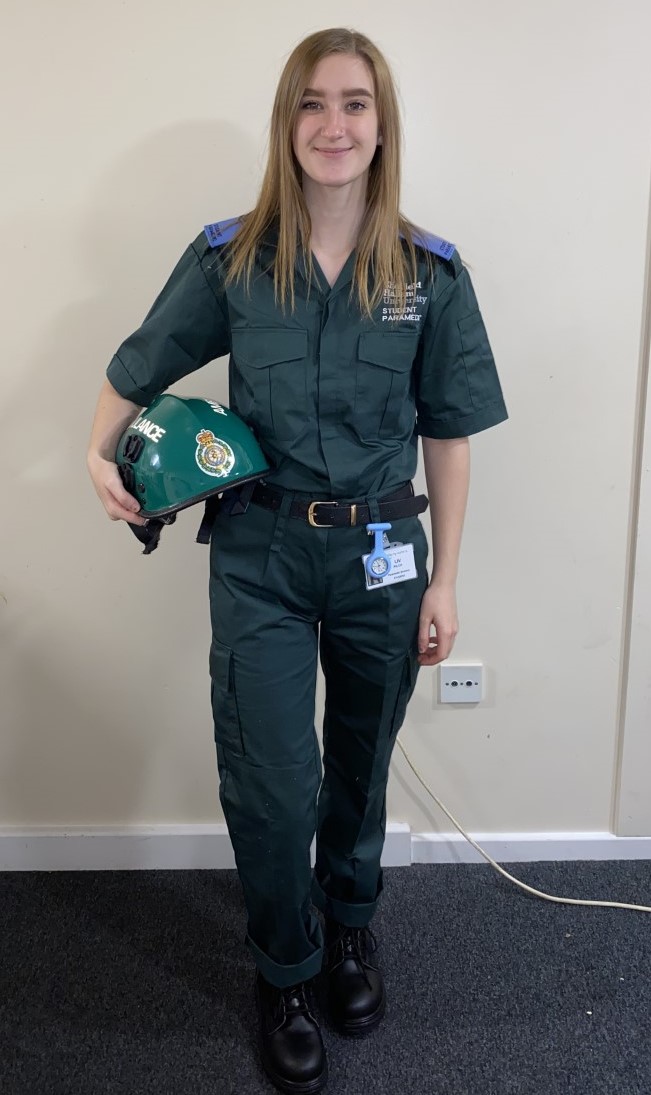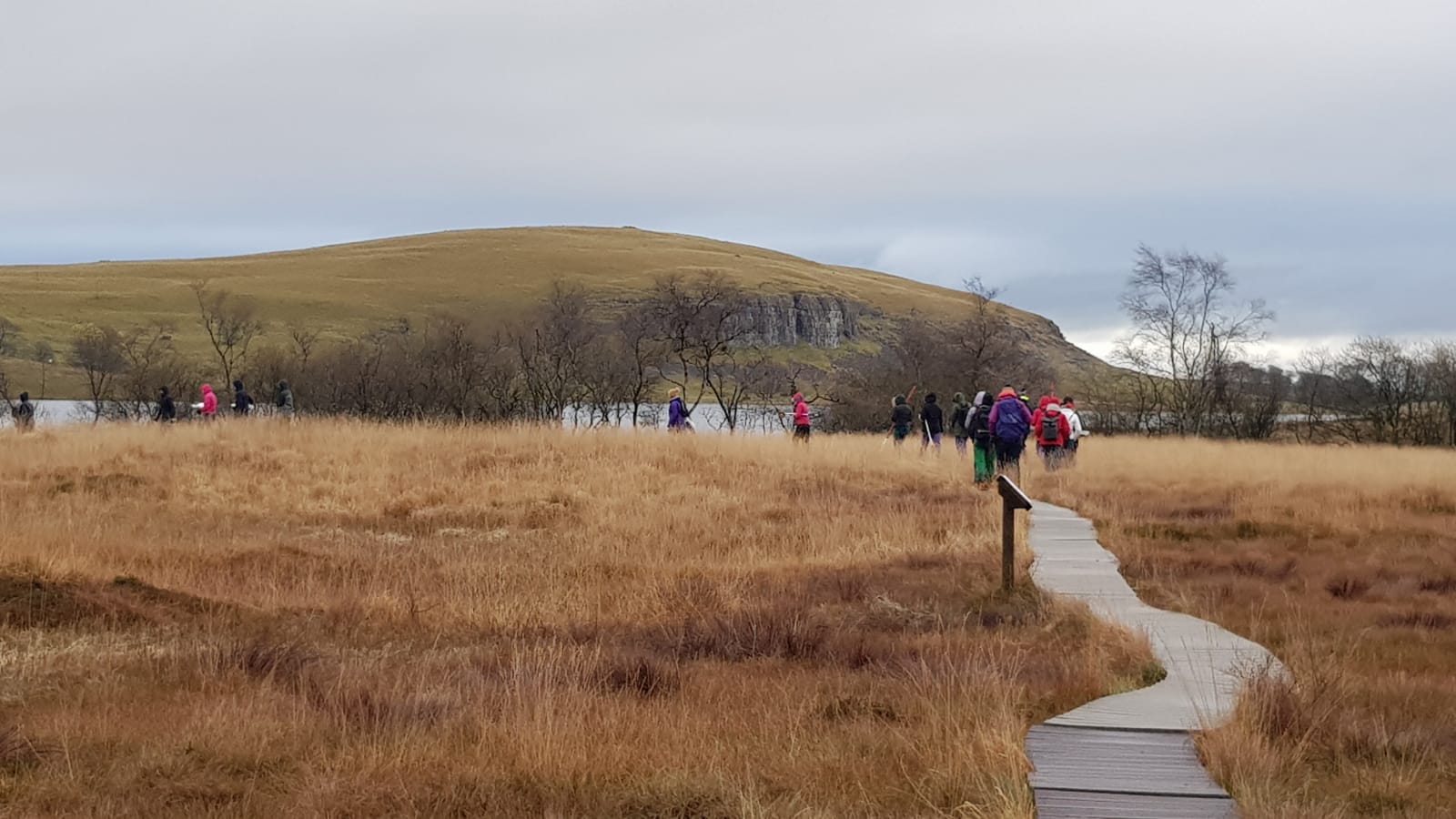Biology
Entry Criteria
Examination Board
- Eduqas
Click here to visit the exam board course page for A Level Biology.
Teaching Staff
- Dr Pannell
- Dr O’Brien
- Mrs McLaird
- Mr Kirsten
Biology is a highly enjoyable but academically intensive subject which is delivered by very enthusiastic and approachable staff. The department offers Eduqas A Level in a stimulating and supportive environment to ensure that students achieve their full potential.
A Level Biology is hard. Initially it is a big step-up from GCSE, but the subject is extremely interesting and stimulating. There is no coursework on this course, however performance during practical tasks is assessed and 15% of marks in the final exams for A Level Biology are based on content studied in practical work.
To get a head start, check out our A Level Biology reading list.
Although classroom based, studying Biology at A Level involves a great deal of independent research and reading. This encourages a broader knowledge and understanding of the subject. In Year 13, a field trip to Malham Tarn allows the ecology topics to be delivered with practical context, a valuable addition to the course.
Biology combines well with any subject but particularly with Chemistry, Geography and Maths.
Biology is essential for degrees in Biology, Biological Sciences, Medicine, Dentistry and Veterinary Sciences. Biology is a good A Level to study and helps university entrance in related subjects such as Optometry, Pharmacology, Zoology, Biochemistry, Physiotherapy, as well as degrees in Accountancy, Law and Journalism; the list is endless!
What do our students say about Biology?

Millie's A Levels in Biology, Chemistry and Maths are ideal preparation for her application to study Medicine at university.
My favourite thing about studying A Level Biology are the topics involving mammalian bodies. I find it interesting to learn how the body works and how different processes are carried out. I also enjoy the topics on how organisms have adapted for life on earth today.
The best advice I have for students starting Year 12 is try to keep on top of your notes and make revision material as you go – it helps so much! Also, try to go back to old lessons and refresh the material in your mind regularly because it is very easily forgotten!
Something I wish I knew at the start of Year 12 would be to keep on top of writing up my experiments in my lab book, and always note down the results! Also, how important it is to include risk assessments when I’m writing my own practical methods. A big part of A Level Biology is the Required Practicals. These are assessed over the two years and you get a Pass/Fail on the practical component as well as your A Level grade. If you are going to university to study science subjects, they almost always require a pass in the practicals as part of your offer. Having said that, the teachers make sure you have every opportunity to pass the practicals and offer catch up time if you miss a practical lesson for any reason.
As well as Biology, I do Chemistry and Maths A Level and I’m also doing my EPQ on body positivity.
I plan to do medicine and eventually become an A&E doctor dealing with emergency patients. Biology has helped me learn the basics of how the human body works including digestion, respiratory and circulatory systems.

Olivia's nursing skills were put in to practise during her Duke of Edinburgh Gold expedition, where she was able to patch up members of her group when they needed it!
My favourite thing about A Level Biology is the fact that although it is a challenging subject almost everything we learn is very interesting and new and things are being discovered everyday across all fields of Biology. It is a constantly changing subject, with new research published all the time.
At the start of Year 12, I wish I had realised the importance of regularly revising topics during the year in order to help me remember what I learnt. It would have saved me so much time if I hadn’t had to relearn a lot of the topics at the end of Year 12 and Year 13.
I think it’s important that new Year 12 students know that it’s okay to not understand something you learn in class straight away; you have so much time in free periods to go over it and the teachers will help you whenever they can. It’s no problem if you have to ask teachers or friends for help, but it’s also valuable to try and work out the answer yourself too.
I studied Biology, Chemistry and Maths. There is a lot of overlap between those subjects so I think it is a good group of subjects to take together.
I plan to go to university and study Zoology, that’s basically just Biology but with more focus on animals and their environments. Studying A Level Biology has set me up perfectly for this degree and given me a wide understanding of all parts of biology and lab work, which will be a good foundation for the next stage in my education.

Alec (third from the left) and his DofE Gold group at the summit of Hellvelyn in the Lake District - hopefully DofE will have prepared him for field trips during his Zoology degree.

Olivia is studying at Sheffield Hallam University to become a Paramedic




